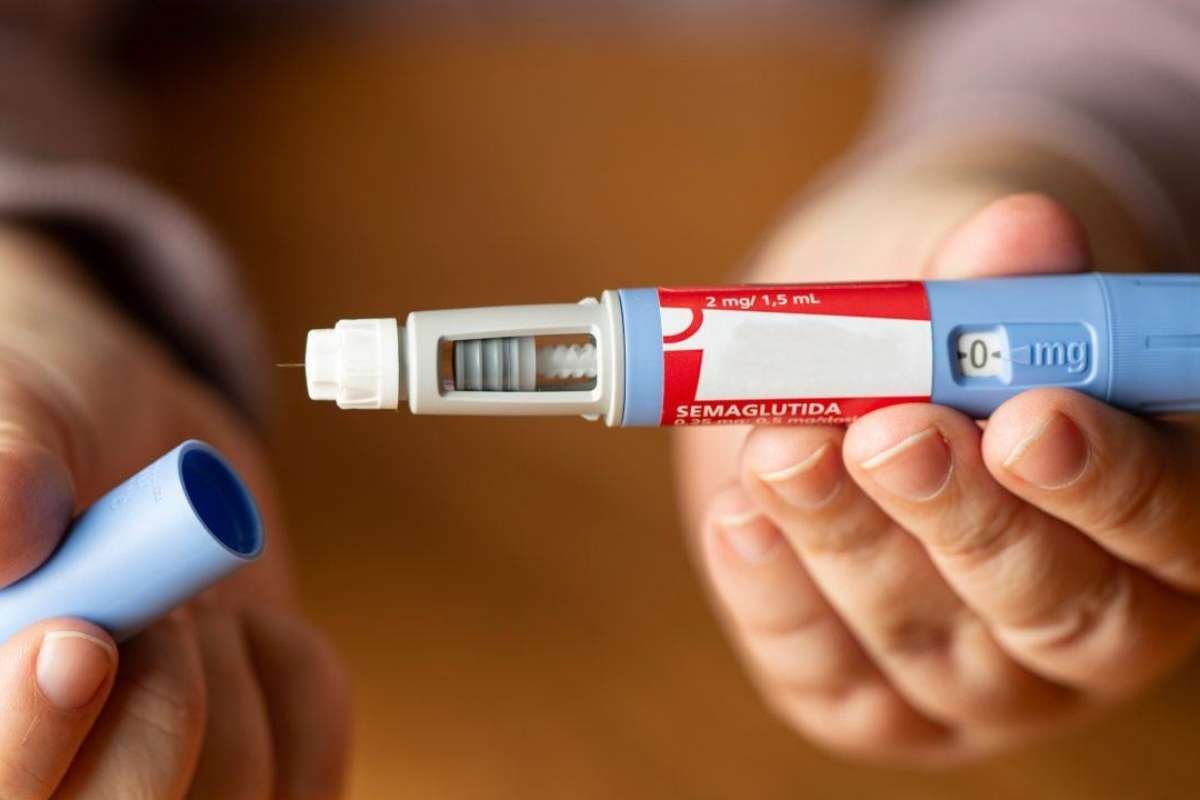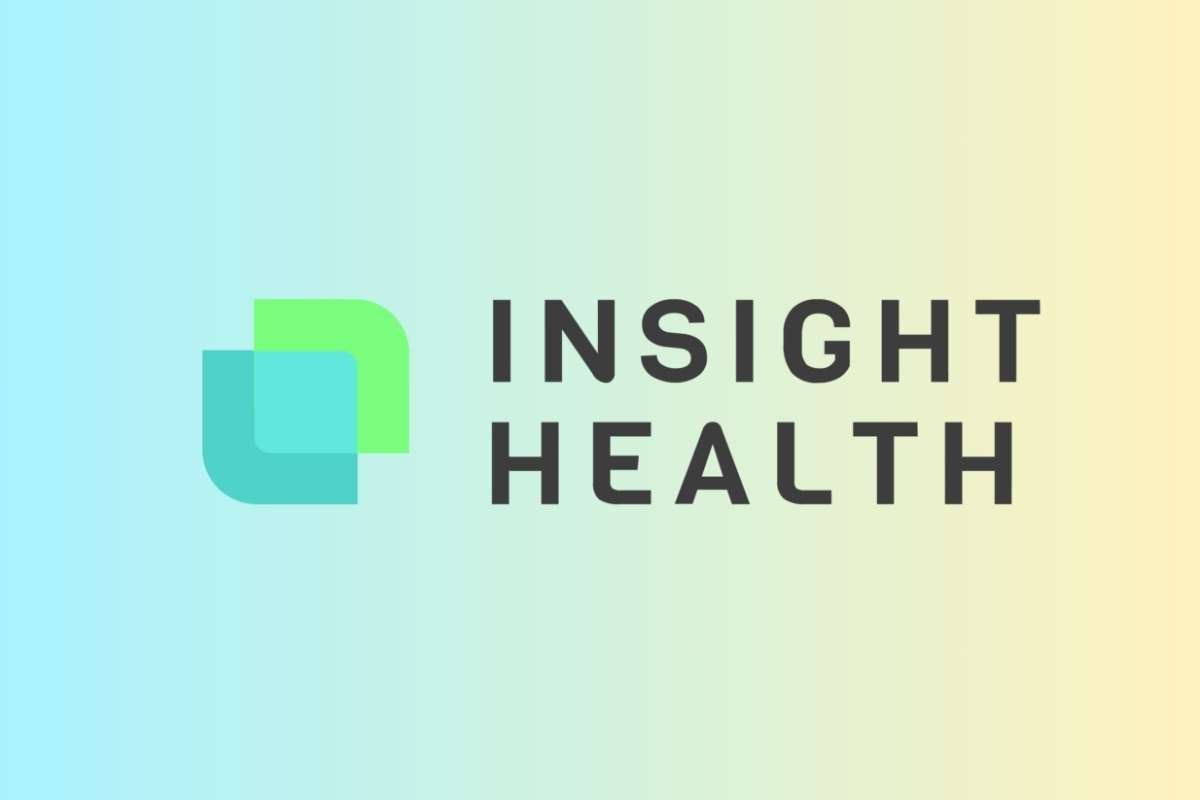Source – Xerago
The integration of blockchain technology into various industries has sparked innovation and transformed traditional processes. One sector that stands to benefit significantly from this technological revolution is healthcare. Smart contracts, a cornerstone of blockchain technology, have the potential to revolutionize the way healthcare systems operate, improving efficiency, transparency, and security. In this blog post, we’ll delve into the world of smart contracts in healthcare, exploring their applications, benefits, and potential impact on patient care.
Understanding Smart Contracts:
Before we dive into their applications in healthcare, let’s first understand what smart contracts are. Smart contracts are self-executing contracts with the terms of the agreement directly written into code. These contracts run on blockchain technology, which is a decentralized and distributed ledger that ensures transparency, security, and immutability. The use of smart contracts eliminates the need for intermediaries, reducing costs and increasing the speed of transactions.
Applications of Smart Contracts in Healthcare:
1. Streamlining Administrative Processes

Smart contracts can automate and streamline various administrative processes within healthcare institutions. This includes tasks such as appointment scheduling, billing, and insurance claims processing. By automating these processes, healthcare providers can reduce administrative overhead, minimize errors, and enhance overall operational efficiency.
2. Ensuring Data Integrity and Security
Healthcare records are sensitive and confidential, making data security a top priority. Smart contracts can be employed to ensure the integrity and security of patient data. Through blockchain’s decentralized and encrypted nature, smart contracts can restrict access to authorized personnel only, reducing the risk of data breaches and unauthorized tampering.
3. Supply Chain Management
Pharmaceuticals and medical supplies often go through a complex supply chain before reaching healthcare providers. Smart contracts can be utilized to enhance transparency and traceability within this supply chain. This ensures that medications and medical equipment meet quality standards, reduces the risk of counterfeit products, and allows for efficient tracking in case of recalls.
4. Clinical Trials and Research

Managing and conducting clinical trials involves numerous stakeholders and a multitude of data points. Smart contracts can automate the documentation and execution of agreements between pharmaceutical companies, research institutions, and regulatory bodies. This not only expedites the clinical trial process but also enhances transparency and accountability in research practices.
Benefits of Smart Contracts in Healthcare:
1. Efficiency and Cost Reduction
The automation of administrative processes through smart contracts reduces the need for manual intervention, leading to increased efficiency and significant cost reductions. Healthcare providers can allocate resources more effectively, focusing on delivering quality patient care rather than navigating through cumbersome paperwork.
2. Enhanced Security and Privacy
Smart contracts, being based on blockchain technology, provide a secure and tamper-resistant environment for healthcare data. The decentralized nature of the blockchain ensures that patient information is less vulnerable to hacking or unauthorized access. This enhanced security is crucial in maintaining patient privacy and building trust within the healthcare ecosystem.
3. Improved Accuracy and Transparency
Automation eliminates the risk of human errors that can occur in manual processes. Smart contracts execute predefined rules with precision, reducing inaccuracies in billing, scheduling, and record-keeping. Additionally, the transparent nature of blockchain ensures that all stakeholders have access to a single version of the truth, fostering trust among patients, healthcare providers, and other involved parties.
4. Streamlined Regulatory Compliance
The healthcare industry is subject to numerous regulations and compliance requirements. Smart contracts can be programmed to automatically enforce compliance rules, reducing the likelihood of unintentional violations. This not only ensures adherence to regulatory standards but also simplifies the auditing process by providing an immutable and transparent record of activities.
Challenges and Considerations:
While the potential benefits of smart contracts in healthcare are significant, some challenges and considerations must be addressed:
1. Interoperability
The healthcare industry relies on a myriad of existing systems and technologies. Integrating smart contracts into this complex landscape requires careful consideration of interoperability issues to ensure seamless communication and data exchange between different platforms.
2. Regulatory Uncertainty
The regulatory landscape for blockchain and smart contracts in healthcare is still evolving. Healthcare institutions must navigate a complex web of regulations to ensure compliance, and policymakers need to establish clear guidelines that accommodate the innovative potential of these technologies.
3. Data Standardization
For smart contracts to function effectively, there must be a standardized format for healthcare data. Achieving data standardization across diverse systems and institutions is a formidable challenge that requires collaboration and consensus within the healthcare industry.
4. Education and Adoption

The successful implementation of smart contracts in healthcare relies on widespread education and adoption within the industry. Healthcare professionals, administrators, and other stakeholders need to be informed about the benefits and functionalities of smart contracts to embrace this transformative technology.
Conclusion:
Smart contracts represent a groundbreaking technology that has the potential to revolutionize the healthcare industry. By streamlining administrative processes, ensuring data security, and enhancing transparency, smart contracts can contribute to a more efficient, patient-centric healthcare ecosystem. However, overcoming challenges such as interoperability, regulatory uncertainty, and data standardization is crucial for the successful integration of smart contracts into existing healthcare systems. As the industry continues to evolve, embracing the innovative potential of smart contracts will pave the way for a more secure, transparent, and patient-focused future in healthcare.
Also Read: The Impact of Healthcare Analytics on Patient Outcomes










